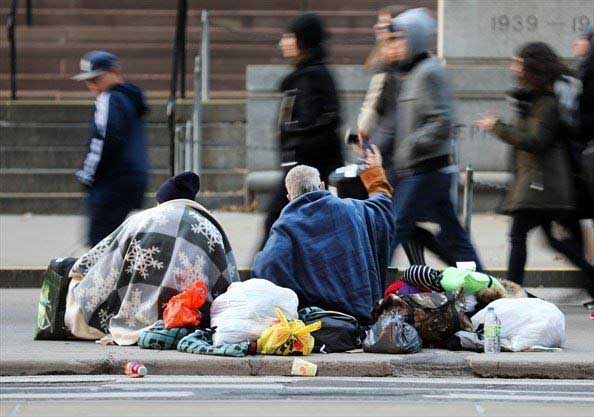There is a crisis that hardly gets talked about. If we look closely at almost any major city there is an enormous problem that hides in the crevices. Vancouver’s downtown eastside is exactly this. A growing crisis of homelessness, addiction, abuse, sex trade, violence, poverty, crime, etc. However hidden from the shopping districts, the residential towers, the pristine forests, and the suburbs, this is a very real part of the landscape that is Vancouver.
The DTES of Vancouver is a war zone. It looks like an apocalyptic movie set. It is getting bigger and more people are becoming a part of this ignored demographic to the point where it cannot be ignored. This is not just Vancouver. Every major city has this problem and it is growing. How did it happen? Why does it continue? How can it be stopped or at least reduced?
We can dismiss this to people who have made bad choices. Maybe even assume these are people who are lazy. People who chose to live this way. However we may generalize, there is a way of looking at this that can help identify the root problem. Although, each person has their own story and their own path that led them to this life, in a majority of the cases there is a common denominator. Mental health issues as a result of trauma. The common denominator is trauma and subsequent mental health issues.
We often consider PTSD in terms of first responders, military, and people who have witnessed or been a part of a singular horrific incident. In the case of people living on the street, ongoing childhood and youth trauma plays a huge part. How does physical abuse impact a child? Sexual assault? Growing up with alcoholic or drug addicted parents? Ongoing emotional abuse? Witnessing domestic violence? Neglect? We would be terribly naive to think that these ongoing conditions that many children grow up in do not heavily impact the choices they make, the associations they have, and the paths of their lives.
Intergenerational trauma is the real deal. A parent who was traumatized as a child grows up mentally, and emotionally fractured. If not addressed, as adults they pass this trauma onto the people around them. Namely their own children, or nieces and nephews. These children grow up carrying the pain and trauma of their parents and then pass this onto the next generation. The cycle continues indefinitely until someone breaks it.
How do we stop this? How do we break these perpetual cycles? How do we protect the next generation? I have a strong belief that there is a role that schools in partnership of child services can play a big part in this. Understanding that these are people, they were once someone’s child and that something horrible happened to them along the way. Like all God’s children, they are in need of love, compassion, and prayers not judgement.

